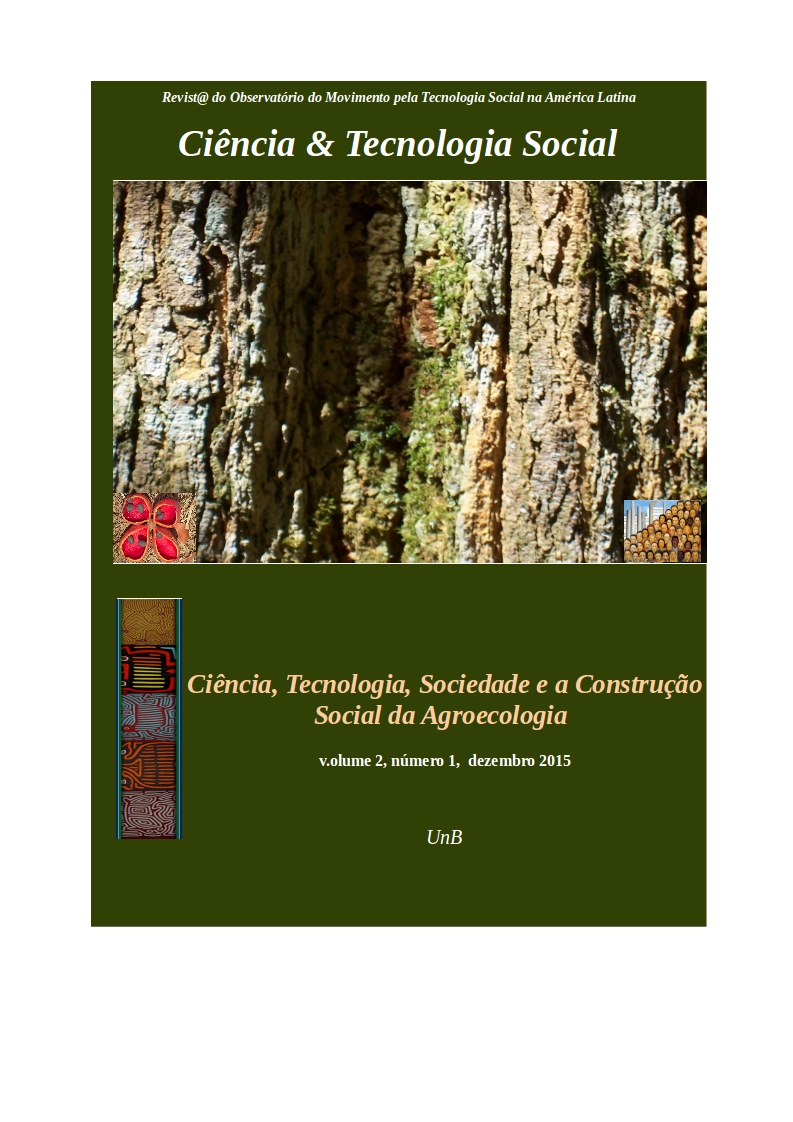THE STRATEGIES SUPPORTING AGROECOLOGY IN SETTLEMENTS MANAGED BY THE LANDLESS RURAL WORKERS’ MOVEMENT (MST) IN RIO GRANDE DO SUL STATE, BRAZIL
Palavras-chave:
ECTS, Agroecologia, milk production, genetically modified soybean, endogenous development, industrialization of agricultureResumo
This article examines the strategies devised by the Landless Rural Workers’ Movement (MST) and by Rio Grande do Sul (RS) State government orienting the agricultural practices at three land-reform settlements in RS State, Brazil. These strategies are examined in light of the notions of the production of locality, agroecology, endogenous development and industrialization of agriculture. The article aims to contribute to the discussion regarding the existing opportunities to create social space for agroecological technologies and practices leading to endogenous styles of development. Strategies implemented by MST organizations and RS State government attempted to create a locality more conducive to endogenous styles of development in the settlements. By promoting agroecological images, inputs and practices and discouraging those connected to industrial agriculture, these organizations aimed to stimulate settlers to re-appropriate their agricultural activities, improving their autonomy in the food chain. Despite these trategies, the industrial/modern agricultural model was widely disseminated among settlers, who adopted its associated images, inputs and practices, undermining the MST political ideal of an agroecological production in the localities of the settlements in RS State.
Downloads
Publicado
Edição
Seção
Licença
Autores que publicam nesta revista concordam com os seguintes termos:
- Autores mantém os direitos autorais e concedem à revista o direito de primeira publicação, sendo o trabalho simultaneamente licenciado sob a Creative Commons Attribution License o que permite o compartilhamento do trabalho com reconhecimento da autoria do trabalho e publicação inicial nesta revista.
- Autores têm autorização para assumir contratos adicionais separadamente, para distribuição não-exclusiva da versão do trabalho publicada nesta revista (ex.: publicar em repositório institucional ou como capítulo de livro), com reconhecimento de autoria e publicação inicial nesta revista.
- Autores têm permissão e são estimulados a publicar e distribuir seu trabalho online (ex.: em repositórios institucionais ou na sua página pessoal) a qualquer ponto antes ou durante o processo editorial, já que isso pode gerar alterações produtivas, bem como aumentar o impacto e a citação do trabalho publicado (Veja O Efeito do Acesso Livre).


